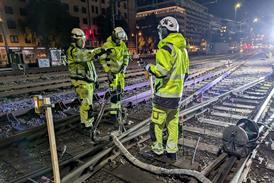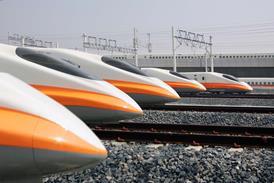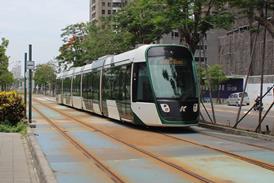High-output electrification train ready to roll
By Railway Gazette International2013-09-02T06:00:00

UK: Windhoff has completed a £40m High-Output Plant System 'factory train' ordered by UK infrastructure manager Network Rail, which will use it to install 25 kV 50 Hz electrification on 380 route-km on the Great Western Main Line from London to Swansea in 2014-18.
Already have an account? LOG IN
To continue…
You’ve reached your limit of content for the month
Get enhanced access to Railway Gazette news and weekly newsletters.

For almost 200 years, the Railway Gazette Group has been the leading provider of news, analysis and intelligence for the international railway industry. Our independent and authoritative content is read by operators, regulators and the supply industry in over 140 countries using a variety of tailored subscription packages.
Site powered by Webvision Cloud



